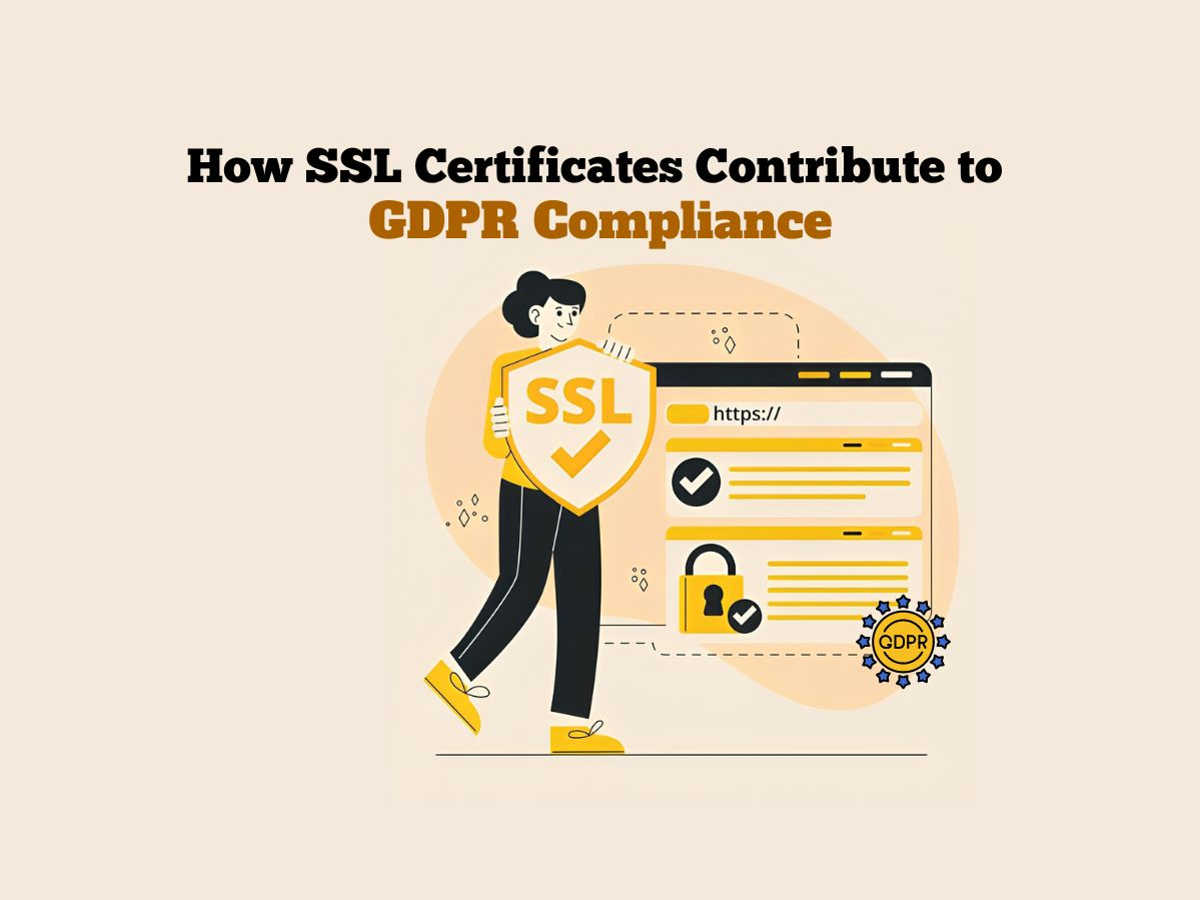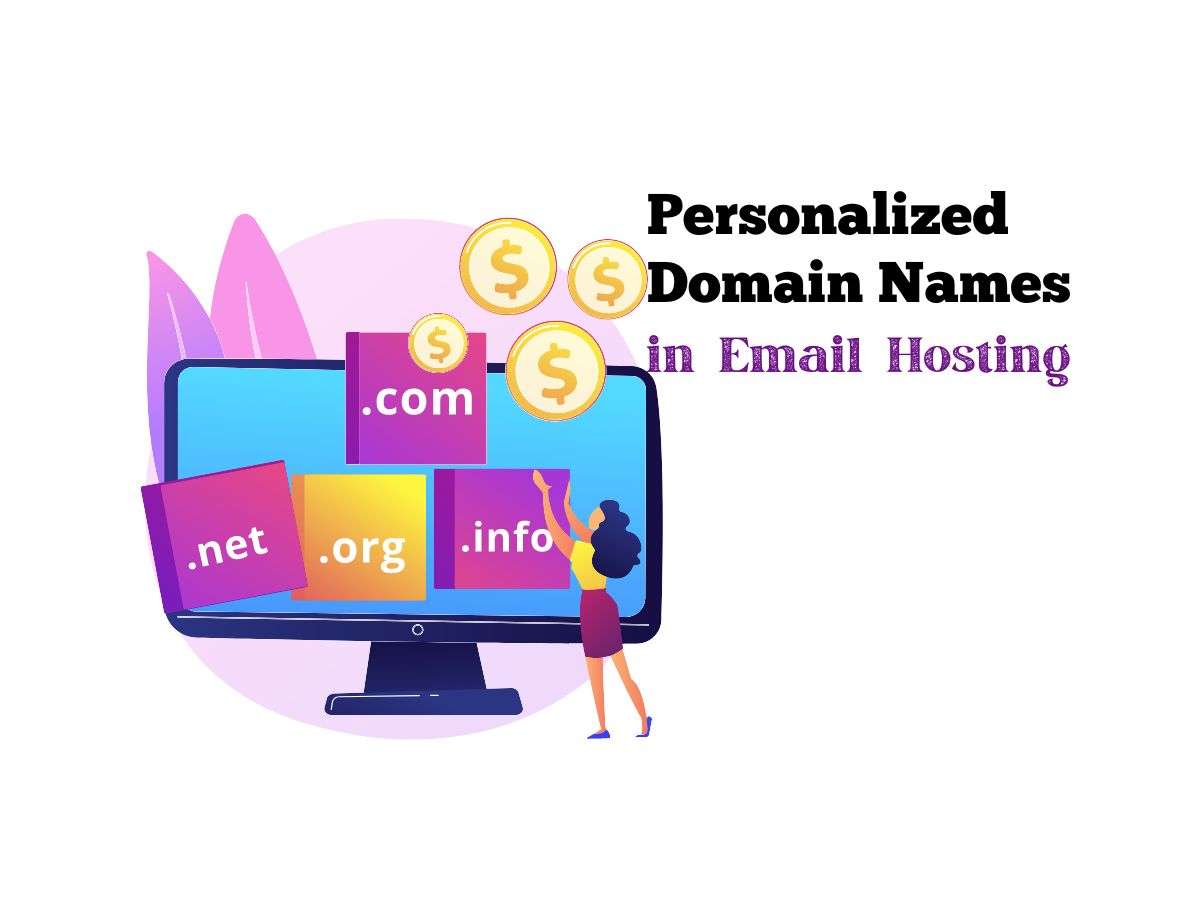
How SSL Certificates Contribute to GDPR Compliance
The General Data Protection Regulation (GDPR) has been a game-changer in the world of data security, reshaping how companies handle personal data of individuals within the European Union (EU) and European Economic Area (EEA). Ensuring GDPR compliance is of utmost importance to avoid significant fines and maintain the trust of customers. One key aspect of ensuring GDPR compliance is the implementation of SSL certificates. In this blog post, we will explore how SSL certificates contribute to meeting the requirements set forth by the GDPR.
What is GDPR Compliance?
The General Data Protection Regulation (GDPR) is a comprehensive EU data privacy regulation that came into effect on May 25, 2018. It aims to protect the personal data of individuals in the EU and EEA by setting strict rules for data collection, processing, storage, and transfers. GDPR applies to any organization that collects, processes, or stores personal data of individuals within the EU/EEA, regardless of its physical location.
What are SSL Certificate?
Secure Sockets Layer (SSL) is a widely-used security protocol used to establish a secure connection between a web server and a client (a browser or an app). SSL Certificates are small data files that digitally bind a cryptographic key to a specific domain and organization. When installed on a web server, SSL certificates activate a padlock and the ‘https’ protocol, ensuring that the connection between a web server and a client remains secure and encrypted.
How Do SSL Certificate Contribute to GDPR Compliance?
SSL certificates play a crucial role in achieving GDPR compliance. Here are some ways in which they contribute to meeting the requirements of the regulation:
1. Protecting Personal Data Transmissions
One of the primary objectives of the GDPR is to ensure that personal data is protected. SSL certificates encrypt the data transmitted between the client and the server, preventing unauthorized access. And protecting sensitive information from potential eavesdropping, tampering, and message forgery. Thus, implementing SSL certificates is a critical step towards ensuring the security of personal data, as required by the GDPR.
2. Demonstrating Compliance with GDPR Security Measures
The GDPR requires businesses to adopt appropriate security measures to protect personal data. Implementing SSL certificates is a visible way to demonstrate to customers, partners, and regulators that your organization takes data security seriously. Displaying the ‘https’ and padlock icon in the web browser offers assurance that their data is protected while being transmitted to and from your website.
3. Boosting Customer Trust and Confidence
Users are becoming increasingly aware of the importance of data privacy, and they expect the websites they use to handle their personal information securely. SL certificates ensure secure data transmission, building trust in your website.By promoting trust, SSL certificates can help improve user engagement and conversions, ultimately resulting in a success in the GDPR-driven digital market.
4. Helping meet GDPR requirements for third-party data transfers
If your organization deals with third-party data transfers, such as sharing customer data with suppliers or partners. It is important to maintain a secure channel to meet GDPR requirements. By using SSL certificates and implementing ‘https’ protocols in your websites and APIs. You can create secure channels for third-party data transfers, demonstrating GDPR compliance across the data handling process.
Conclusion
SSL certificates are a critical component in achieving GDPR compliance. They not only help protect personal data by encrypting transmissions. But also demonstrate that your organization is taking appropriate measures to ensure data security, in line with GDPR requirements. By investing in an SSL certificate, you not only protect your users’ data. But also contribute to establishing a trustworthy online presence for your organization.







